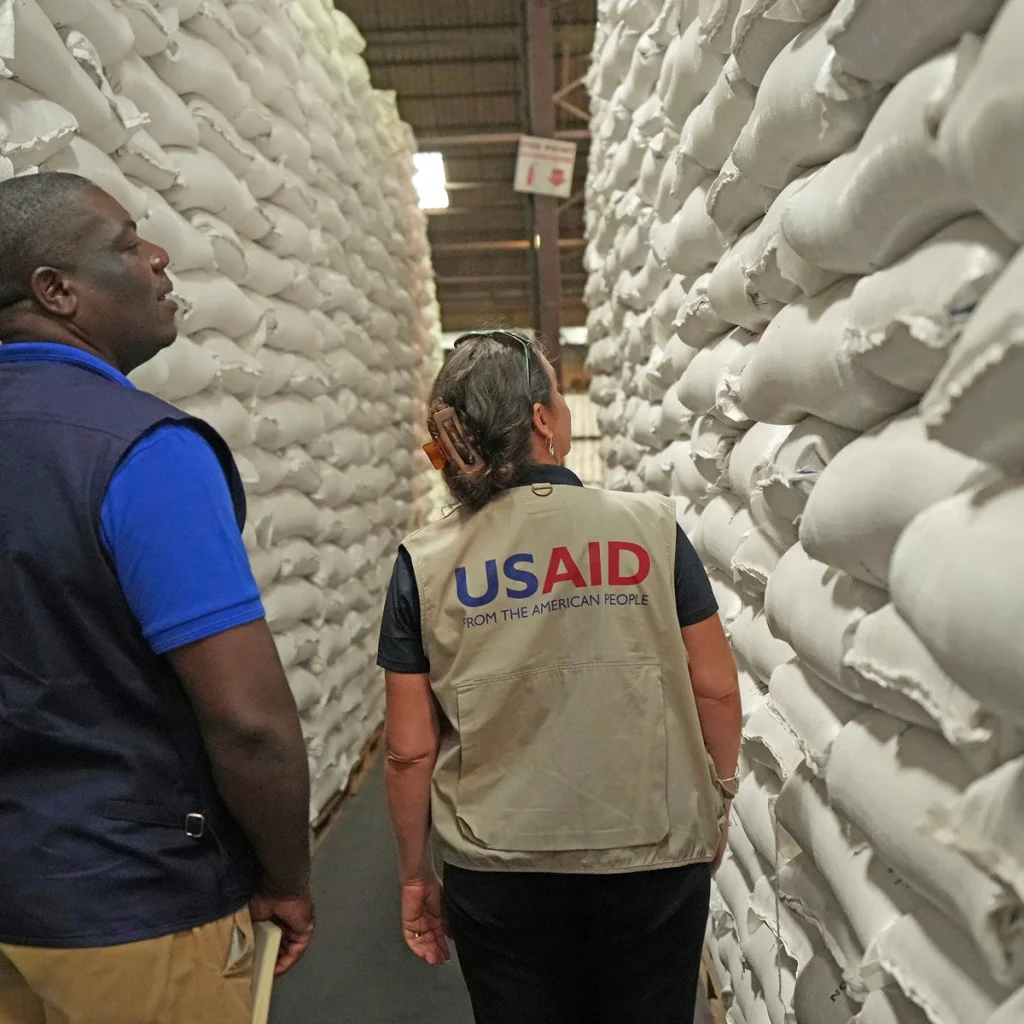In a deeply unsettling turn of events following the closure of USAID at the beginning of July 2025, nearly 500 metric tons of high-energy emergency biscuits intended to feed an estimated 27,000–1.5 million vulnerable children in Pakistan and Afghanistan are now set to be destroyed. This drastic measure comes after the emergency food stock, originally purchased under the Biden administration and stored in Dubai, surpassed its expiry date. Rather than being redirected for humanitarian use, this lifesaving aid is being discarded at great financial and ethical cost.
A Humanitarian Opportunity Lost
These high-energy biscuits, each dense with essential nutrients, were designed to provide immediate relief in malnutrition crises and humanitarian emergencies. Acquired late in 2024 for approximately $800,000, the food supplies were ready for distribution through trusted channels like the World Food Programme. Yet, after political and administrative shifts including a sweeping directive freezing USAID operations these emergency rations have remained unutilized and forgotten, eventually becoming unsalvageable.
The Role of USAID’s Shutdown
A presidential decree signed in January 2025 effectively dismantled USAID, shifting its responsibilities under the Department of State and effectively halting ongoing humanitarian operations. Despite repeated internal pleas from USAID personnel to deploy the aid, newly appointed officials some lacking background in humanitarian logistics failed to authorize distribution. The result: aid that could have saved lives remains locked away until its expiration.
The Financial and Moral Toll
Destroying these biscuits carries a direct cost of approximately $130,000 for incineration. Combined with the procurement cost, the total exceeds $930,000 fueling criticism over taxpayer waste and a missed opportunity to protect the most vulnerable. Critics have condemned the move, describing it as “waste and government abuse,” especially given the devastating food insecurity faced across Afghanistan and parts of Pakistan.
Regional Impact in Pakistan and Afghanistan
Both nations are witnessing alarming hunger statistics as foreign aid declines. In Afghanistan, widespread malnutrition, clinic closures, and collapsed public services loom large. Pakistan remains burdened by prolonged monsoon cycle setbacks, displacement crises, and vulnerable rural communities where children are susceptible to acute malnutrition. Even as these biscuits expired, communities continued to suffer imminently.
Accountability Gaps and Political Fallout
Key political figures including U.S. senators and aid officials have demanded accountability, voicing frustration that leaked pledges of distribution were unfulfilled. A piece of this controversy involves a promise by Secretary Marco Rubio to release the supplies before expiration, which never materialized despite such public assurances. This neglect has had both reputational repercussions and prompted renewed global discourse about U.S. humanitarian responsibility.
Broader Humanitarian Risks
This singular case is emblematic of a wider crisis. With USAID defunded, other food stockpiles in Africa, the Middle East, and Asia also risk spoilage. Meanwhile, entities like the World Food Programme have drastically reduced coverage feeding only a fraction of vulnerable people. As winter approaches, emergency aid gaps could translate into widespread hunger, disease, and loss of life.
Looking Forward
This episode casts a spotlight on critical vulnerabilities:
- Administrative fragility in humanitarian operations under political shifts.
- The need for oxygen kits reliable systems to prevent spoilage or diversion of emergency aid.
- Real-time oversight to ensure urgent provisions’ timely delivery, especially to children.
As global need surges, the challenge lies not just in procurement but in ensuring timely and effective deployment. The destruction of this aid intended to rescue struggling communities should serve as a powerful reminder of the human costs behind bureaucratic inertia and shifting policies.



Comments (0)
No comments yet. Be the first to comment!
Leave a Comment